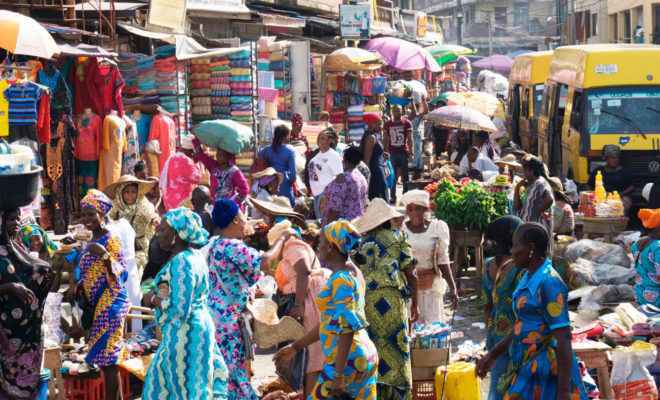
Nigeria's annual inflation rate decreased for the sixth month in a row in August, to 17.01 percent, as the pace at which food prices rose fell.
The news comes ahead of the Central Bank of Nigeria's monetary policy committee meeting on Friday, which will determine the benchmark lending rate.
The headline inflation rate decreased from 17.38 percent in July to 20.30 percent in August, with food price inflation slowing to 20.30 percent.
Core inflation, which includes food costs, dropped to 13.41%.
Nigeria's inflation has been in double digits since 2016, but it has gotten worse because of border closures, the COVID-19 problem, insecurity, and multiple currency devaluations. In March, it hit its highest level in years.
The NBS stated in its monthly report that an increase in the prices of bread and cereals, milk, cheese and egg, oil and fats drove “an increase in the food index.”
According to Reuters, the Central Bank governor, Godwin Emefiele, said on Tuesday that the falling inflationary trend reflected government actions.
As Nigeria approaches harvest season, Mr. Emefiele expects the rate of inflation to slow even further.
Since September, the CBN has kept the policy rate at 11.5 percent to strike a compromise between promoting growth and maintaining price stability.
According to the NBS, the economy increased by 5% in the second quarter, making it unlikely that the bank will alter rates on Friday.
The Central Bank of Nigeria (CBN) wants the country's inflation rate to be between 6% and 9%.
